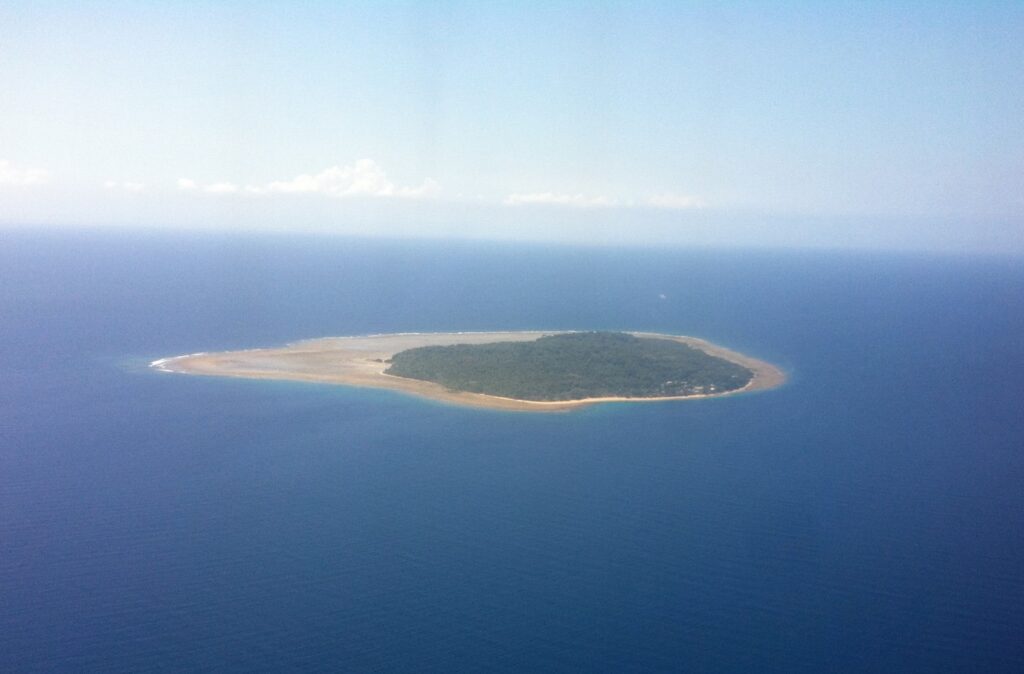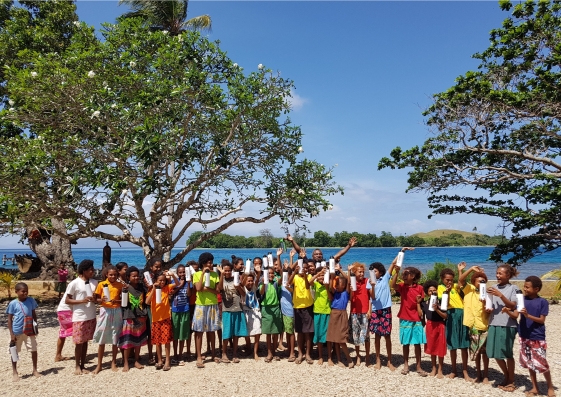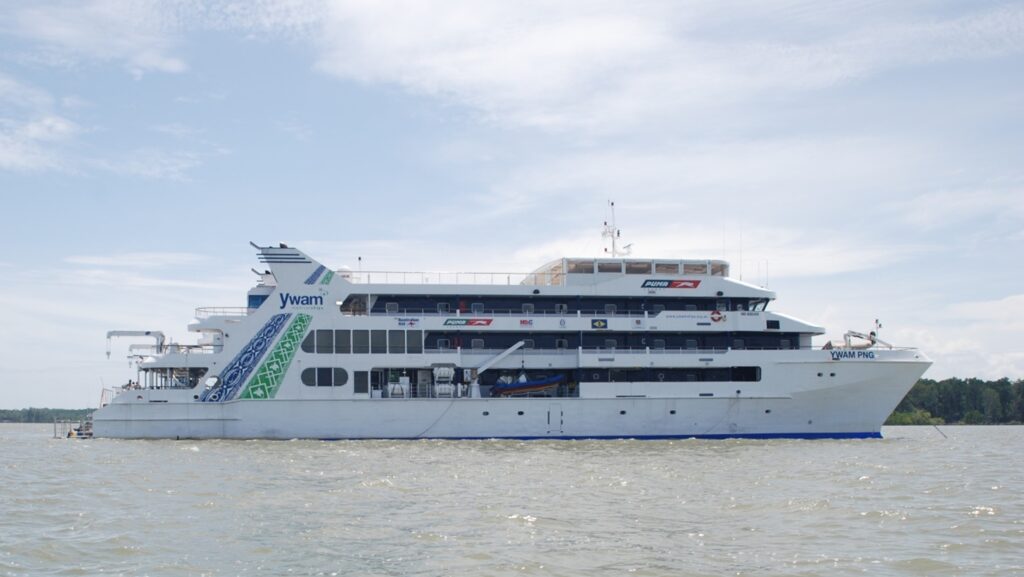Access to clean, safe, and reliable water remains a critical challenge for remote communities worldwide. The easiest method for empowering remote communities is through the provision of a sustainable supply of clean water. Despite significant advancements in technology and infrastructure, many regions continue to face daunting issues such as inadequate water systems, high operational costs, unreliable sources, and the intensifying impacts of climate change. At the heart of these challenges lie far-reaching consequences for health, education, and livelihoods, making water insecurity one of the most pressing global issues today.
Moerk Water has been at the forefront of addressing these complex challenges by implementing scalable, sustainable, and locally tailored water treatment solutions. By integrating advanced technology, renewable energy, and community-centred approaches, we are redefining the future of water security for remote and marginalised populations. This article explores the core challenges of water insecurity and demonstrates how innovative solutions like solar-powered desalination can transform the lives of remote communities.

Understanding Water Challenges in Remote Areas
For communities located in remote regions, the path to water security is strewn with unique, interdependent challenges. Below are the most critical pain points faced by these communities:
1. Limited and unreliable water sources
Remote communities often rely on seasonal rainwater, brackish groundwater, or contaminated surface water. These sources are often insufficient to meet basic consumption and hygiene needs, particularly during prolonged dry seasons. For example, at Uripiv Island in Vanuatu, residents had to cross the sea to fetch drinking water during the dry months until the intervention of sustainable water treatment technology.
2. Health impacts
The lack of dependable clean water leads to significant health issues, including diarrhoea, skin diseases, and even chronic conditions due to long-term exposure to contamination. These health problems not only strain limited healthcare resources but also impact livelihoods, productivity, and education.
3. High logistical and operational costs
Transporting potable water or maintaining traditional water treatment systems in remote areas can escalate operational expenses significantly. For instance, Wongutha CAPS, an Indigenous vocational school in Southwestern Australia, faced steep costs and logistical headaches due to its reliance on water trucking before Moerk Water’s intervention.
4. Climate change impacts
Rising temperatures, unpredictable rainfall patterns, and increased drought occurrences exacerbate water insecurity. Saltwater intrusion into groundwater further diminishes the availability of safe drinking water in coastal regions, as seen across the Pacific Islands.

The Role of Technological and Community-Driven Solutions
Transformative Potential of Solar-Powered Desalination
One of the most impactful advancements in addressing water insecurity is the deployment of solar-powered desalination systems. Combining renewable energy with advanced reverse osmosis technology provides a sustainable, off-grid solution to treat saline groundwater and seawater, ensuring a reliable supply of potable water.
At Wongutha CAPS, Moerk Water’s solar-powered solution replaced expensive trucked water with a tailored system capable of producing 15,000 litres of clean water daily. This renewable-powered system addressed specific site challenges, such as high salinity and silica levels in groundwater, creating a long-term solution without dependency on fossil fuels.
Key benefits include:
- Energy efficiency due to integration with solar power and battery storage, enabling daily operation even in off-grid or cloudy conditions.
- Cost reduction through savings on fuel, trucking, and maintenance.
- Environmental sustainability by eliminating greenhouse gas emissions and repurposing desalination waste brine for agricultural use, such as growing halophyte feed crops.
Community Empowerment and Skill Building
Sustainable solutions depend not only on technology but also on empowering local communities. Moerk Water’s systems integrate local ownership and training, turning residents into skilled operators and custodians of their water systems. From East Cape, Papua New Guinea to Wongutha CAPS, the training of local operators ensured that the system could be maintained over the long term, aligning with the community’s broader educational and vocational goals.
Remote Monitoring and Scalable Impact
Technological advancements also allow for remote monitoring of systems, ensuring uninterrupted operation and early detection of potential issues. Moerk Water incorporates real-time system control capabilities, enhancing reliability and decreasing response times to minimise downtime.
These lessons learned from projects like across Australia, the Pacific and East Africa highlight the scalability of such solutions, proving their potential to be replicated across various remote environments.
Addressing Water Security in the 21st Century
Water security is more than just access to water; it’s about creating systems that are safe, sustainable, and reliable. At Moerk Water, we firmly believe that one-size-fits-all approaches fail to meet the nuanced needs of remote and Indigenous communities. Instead, solutions must account for local geography, logistical challenges, and community-specific requirements.

The Moerk Water Approach
- Tailored System Design for site-specific conditions, ensuring durability and efficiency.
- Renewable Energy Integration to reduce carbon footprints and operational costs.
- Circular Economy principles to repurpose waste and enhance environmental outcomes.
- Collaborative Implementation to cultivate local expertise and ownership.
- Long-Term Sustainability through training, remote monitoring, and community engagement.
Our guiding principle is simple yet meaningful—to make water security accessible, scalable, and equitable for those most in need.

Empowering Communities, Together
If water insecurity continues unabated, the ripple effects will impact generations. But addressing this issue is not just beneficial for individual communities; it also aligns with broader global sustainability goals (such as SDG 6 for Clean Water and SDG 7 for Renewable Energy).
Moerk Water has been a trusted partner in transforming water availability for remote communities through innovative and proven solutions for the past 15 years. Whether it’s providing disaster-proof desalination units or revolutionising how Indigenous schools operate, we deliver practical, impactful, and lasting outcomes.
Join us in the mission to build water security that lasts.
Contact Moerk Water today and discover how our tailored solutions can address water challenges for your site. Together, we’ll turn challenges into opportunities for better health, education, and resilience for communities around the world.




